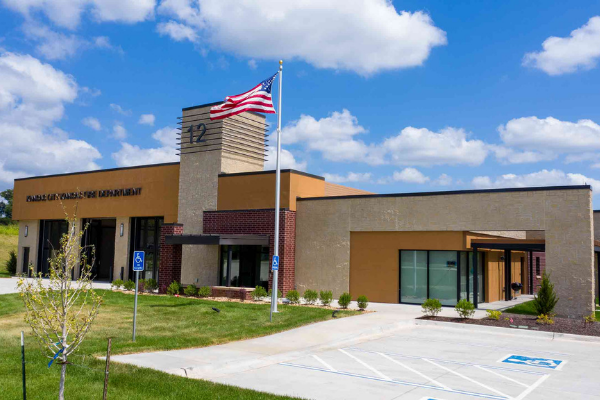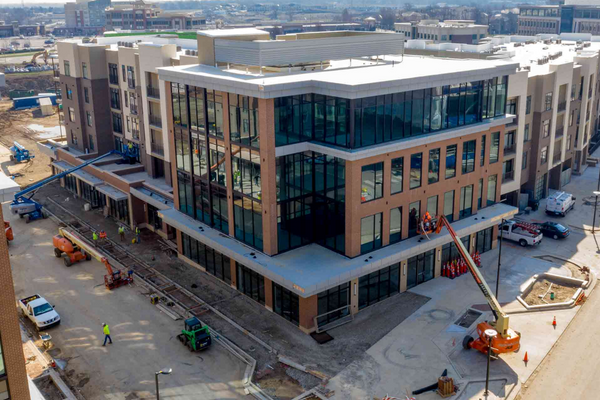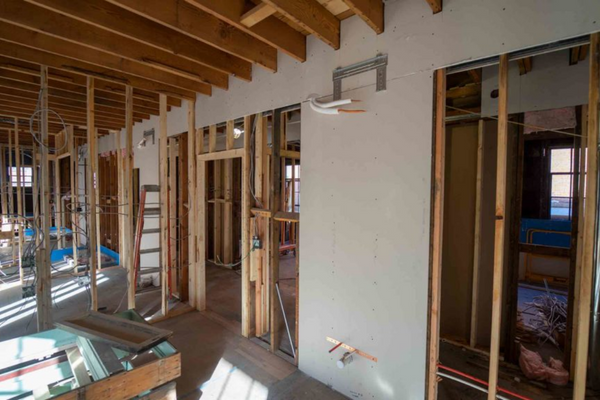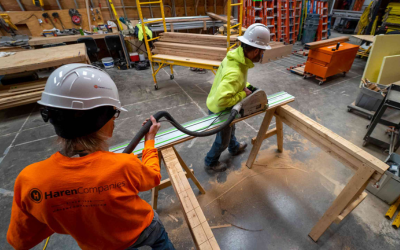Pre-Construction Services
We have a thorough process to turn plans into reality based on our expertise and experience in the field.
Construction Services
We have the experience and capabilities to manage a range of projects. Our style of management comes down to collaborating in an effective way with the right people
Pre-Construction
Every story has a place — let us build the place in your story. At Haren Companies, we have a thorough process to turn plans into reality based on our expertise and experience in the field. Pre-construction is an integral part of every construction project we undertake, as it helps ensure that the entire project will be as seamless and budget-friendly as possible.
Construction Services
Your Haren team will offer insight uncolored by conflicting interests, allowing us to professionally manage your construction project. This yields the greatest possible return on your construction investment. Communication is integral in a successful project.
Self-Perform
In almost every project, self-performing certain scopes of work can benefit the project. More importantly, self-perform capabilities add value to all clients. Haren Companies has utilized self-perform crews on the Mahaffie Farmstead, The District at City Center, on multiple projects with the City of Olathe, and many of our larger projects. Click to learn more about your Haren team’s abilities.
Delivery Methods
Your project’s delivery method will be tailored to your project. When you partner with your Haren team, you receive a breadth of perception and immeasurable support for your construction project. Working with our team, they will display the technical ability to facilitate creative, functional, and cost-effective solutions for every scenario.
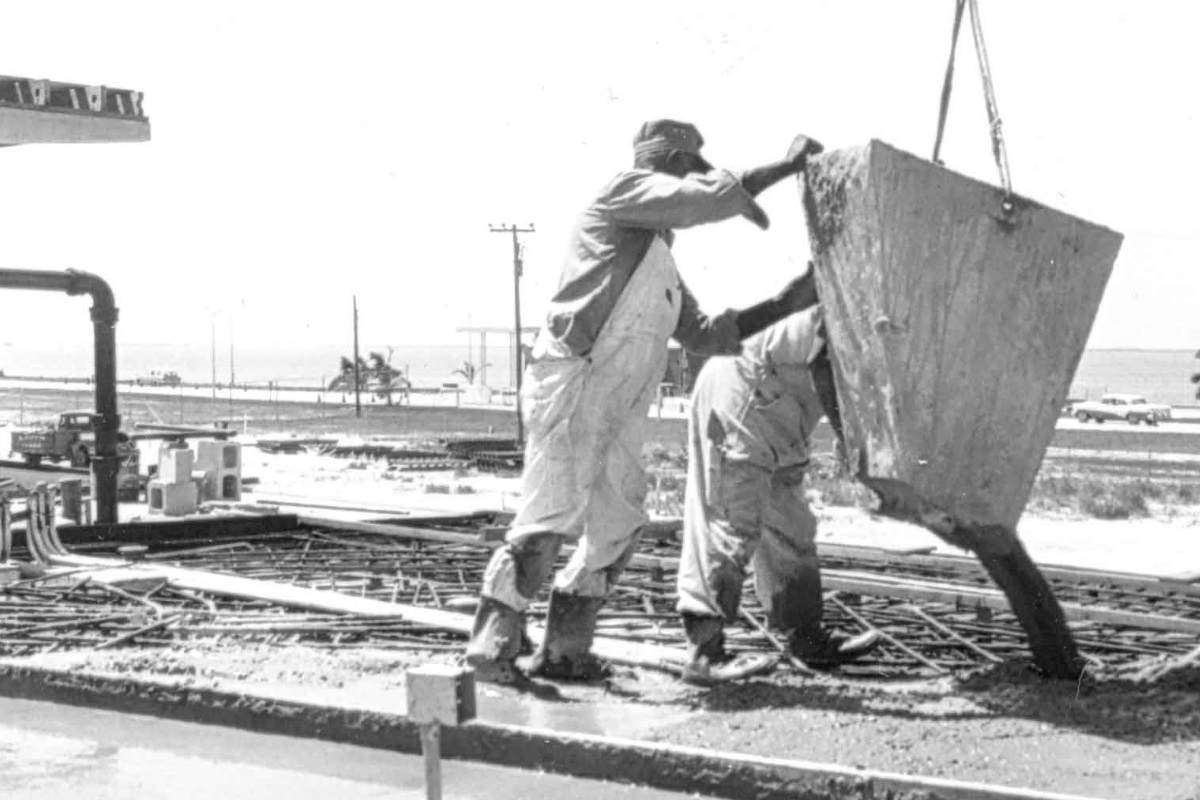
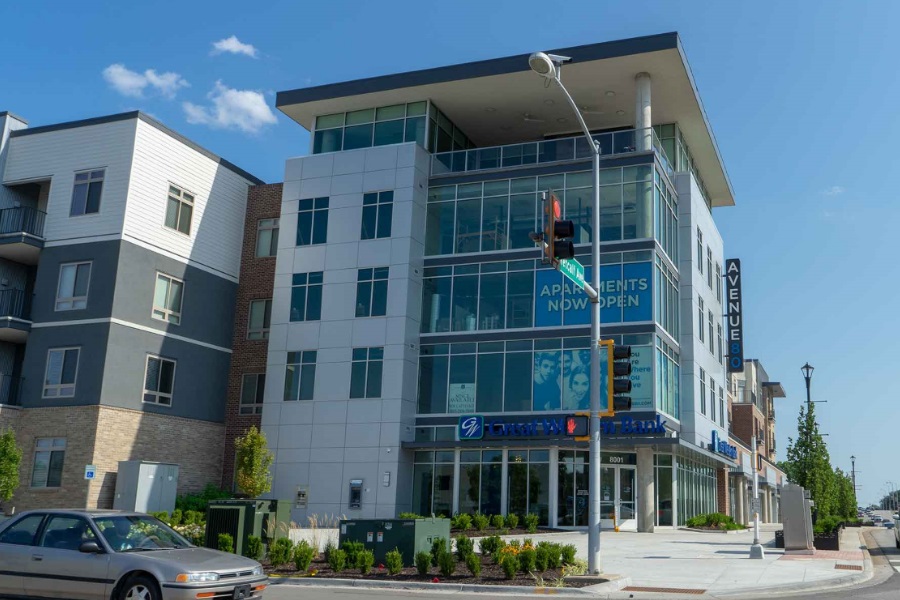

Building Kansas City Since 1932.
Why People Choose Haren
Every story has a place — let us build the place in your story. As a general contractor in Kansas City, we believe in improving our community through our projects. We recognize that people are the key to helping us achieve this goal. We better Kansas City and surrounding communities with the help of the people on our team and the clients we partner with.
At Haren Companies, we can provide you with a range of services in construction and commercial property restoration to fit your needs.
Contact us about your project, and we can match you with the right skilled team to fit the job.
Join Our Team
Looking for an Exciting New Career?
Haren Companies has been proud to provide employment since we opened our doors in 1946. Kansas City continues to trust us with their projects because of the great work and integrity that comes from everyone on the team. Below are just a few perks of joining us at Haren, but be sure to learn more and view our open positions.

